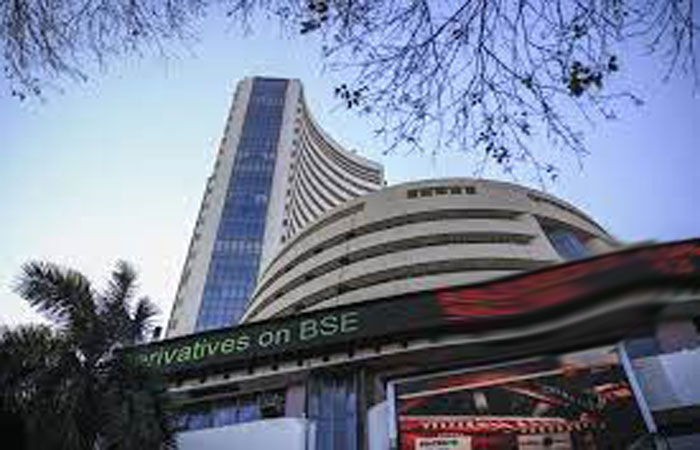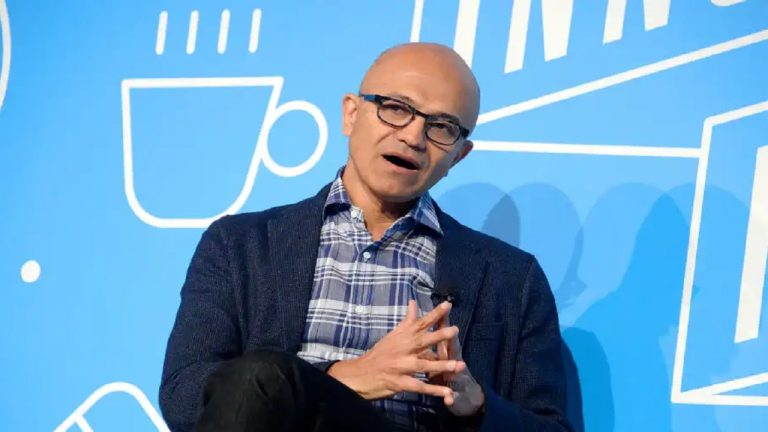JPMorgan Predicts Rise In Foreign Investment In Indian Stocks Post General Elections
Indian equities are poised to attract a wave of foreign investment following the upcoming general elections, fueled by the nation’s promising growth prospects and supportive global economic conditions, according to Rajiv Batra, who works for JPMorgan Chase & Co. as an Asia strategist.
In an email interview, Batra highlighted that despite concerns over stretched valuations and volatile overseas flows leading up to the elections, global investors are expected to increase their positioning in India’s $4.3 trillion stock market. Batra emphasized that any market correction would be viewed as an opportunity by investors to bolster their holdings in India.
JPMorgan’s outlook aligns with that of other financial institutions like Goldman Sachs Group Inc., which also anticipates a surge in foreign inflows amid expectations of Prime Minister Narendra Modi securing a third term. Modi’s leadership is seen as pivotal for maintaining market-friendly policies, promoting infrastructure development, and attracting foreign direct investment.
The general elections, scheduled over six weeks from April 19 with votes to be counted on June 4, have captured the attention of investors worldwide. Batra noted that investors will closely monitor the seat-sharing arrangements, particularly if Modi’s ruling party retains power, as policy continuity is deemed essential for sustaining India’s market valuation.
Growing investor interest in India, according to Batra, may start a “virtuous cycle” of capital issuance, liquidity, sell-side coverage, and investor involvement. He projected that if benchmarked investors adjust their underweight positions on India, it could lead to inflows of up to $100 billion over the next few years.
Data from the National Securities Depository Ltd. revealed that global funds’ holdings of Indian stocks stood at $763 billion at the end of February. However, foreign flows have been uneven in recent times due to a relentless rally in the stock market, which drove valuations higher. Concerns have also arisen regarding speculative activity in the small and mid-cap segments.
Despite trading at a multiple of 20 times its one-year forward earnings estimates, significantly higher than the MSCI Emerging Markets Index, many investors argue that India deserves a premium valuation. Factors such as superior growth prospects, favourable demographics, and the promise of political stability contribute to India’s attractiveness as an investment destination.
Sunil Koul, Asia Pacific equity strategist at Goldman Sachs, echoed the sentiment, stating that global funds are eager to increase exposure to India and are awaiting better entry points. He expects foreign flows to pick up in the latter half of the year, once the elections conclude, and with supportive liquidity conditions globally.
The stage is set for Indian stocks to witness a surge in foreign investment after the general elections. With optimism surrounding India’s economic trajectory and supportive global economic conditions, the country remains an attractive destination for investors seeking opportunities in emerging markets. As investors await the outcome of the elections, all eyes will be on how the political landscape evolves and its implications for India’s economic and financial future.
Disclaimer: The following Report is Generated Automatically from Bloomberg News Service. GoodReturns Media assumes no Responsibility for its Content.
Ketan Kataria Goodreturns
source: goodreturns.in






